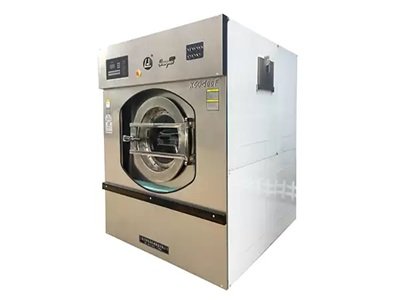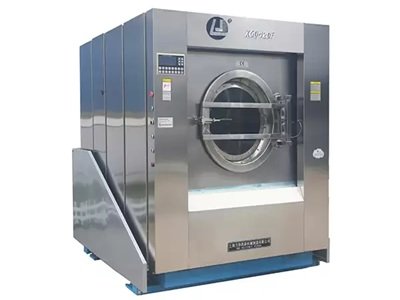Ways to Utilize an Industrial Washing Machine - Maintain Your Clothing Cleanse and Clean
An industrial washing machine is a computer system gadget developed for cleaning clothing and materials in big amounts. It is actually perfect for utilizing in laundromats, resorts, medical facilities, and various other industrial setups. Our team will discuss the benefits, development, security, utilize, service, quality, and application of Washun Washing Machine industry washing machine 150kg.

Benefits
There are numerous advantages to utilizing an industrial washing machine. Firstly, the Washun Washing Machine automatic industrial washing machine saves money and time by efficiently cleaning large quantities of clothes in a shorter duration compared to domestic washing machines. Secondly, it can handle durable items that require additional washing time and attention. Thirdly, industrial washing machines are energy-efficient, reducing electricity consumption and lowering energy costs.
Innovation
Innovation is a crucial aspect of industrial washing machines. Many modern designs incorporate advanced features that enhance efficiency, safety, and durability. Features such as automatic detergent dispensers, programmable cycles, self-cleaning drums, and child safety locks are examples. These features reduce human errors, cut costs, and ensure optimal cleaning in the Washun Washing Machine automatic industrial washing machine 30 100kg.
Safety
Safety is a top priority for any device involving water and electricity. Industrial washing machines come equipped with various safety features to protect both the equipment and the user. For instance, most models include a water level sensor to prevent overflow, electrical insulation to minimize shocks, automatic overheating protection, and more. Users should consult the user manual and adhere to safety precautions when operating the machine.
Usage
Using an industrial washing machine is straightforward. Begin by sorting the clothes based on color, washing temperature, and fabric. Load the clothes into the machine according to its instructions and capacity. Add the required amount of detergent, set the washing cycles based on the machine's specifications, wait for the cycle to finish, unload the clothes, and place them in the dryer.
How to Use
Here are the step-by-step instructions on how to use an industrial washing machine:
1. Check the user manual - Familiarize yourself with the machine's safety features and functions.
2. Sort the laundry - Separate the clothes based on fabric type, washing temperature, and color.
3. Load the laundry - Load the laundry into the drum following the machine's instructions and capacity.
4. Add detergent - Add the correct amount according to the manufacturer's instructions.
5. Select the appropriate cycle - Choose the suitable washing cycle based on fabric type, stains, and the machine's capabilities.
6. Wait for the cycle to finish - Allow the machine to run and wait for the cycle to complete.
7. Unload the laundry - Once the cycle is complete, unload and transfer the laundry to the dryer.
Service
Industrial washing machines require regular maintenance and servicing to ensure optimal and durable performance. It is crucial to follow the manufacturer's instructions for cleaning, repairing, and replacing the machine's components. Seek professional assistance for handling complex issues such as electrical faults or water leaks.
Quality
The quality of an industrial washing machine is determined by its durability, performance, and efficiency. When selecting a machine, consider factors such as the type of fabric and washing cycles the device is designed for, its capacity, power safety features, and overall usability. Choose a reputable brand that offers a warranty and reliable customer service.
Application
An industrial washing machine is well-suited for commercial settings such as hotels, laundromats, and hospitals. It excels in efficiently and effectively cleaning large quantities of laundry. Additionally, it is beneficial in settings that require robust washing, such as warehouses and factories.

 EN
EN  ES
ES PT
PT AR
AR RU
RU FR
FR